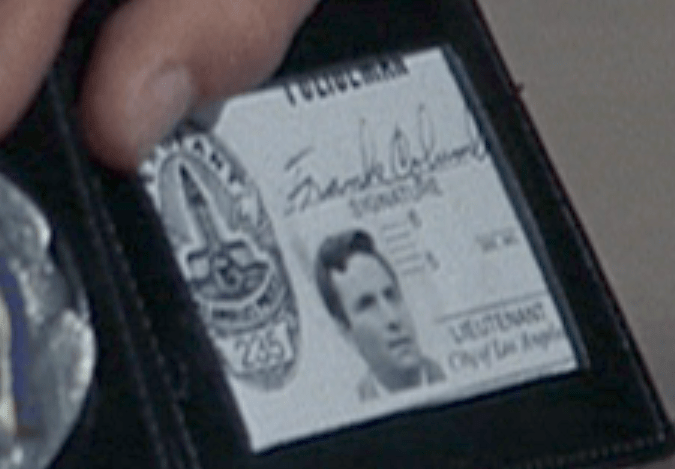If you are looking for a funny rather than syrupy entertainment diversion for your mother (or grandmother) this Mother’s Day, you couldn’t do better than spend 90 minutes or so with Jerry Seinfeld in his new movie for Netflix, “Unfrosted.”
Don’t worry: it’s a lot better than “Bee Movie.”
The film, co-written by the comic, is sly, clever and funny provided that the viewer knows enough about the popular culture of the early Sixties—you know, before everything went crazy—as well as U.S. history to understand what is being satirized. Seinfeld has always been a Sixties trivia buff as he demonstrated repeatedly on his classic sitcom, but this movie is an orgy of such references: JFK, the space program, the Cuban Missile Crisis, Jack LaLanne, Werner Von Bron, Quickdraw McGraw and Saturday morning cartoons, Johnny Carson, Walter Cronkite, Silly Putty, the Twist, Thurl Ravenscroft (the original voice of Tony the Tiger who also sang “You’re a Mean One, Mr. Grinch!” ) the Doublemint Twins (who are both apparently impregnated by JFK while Jackie is away), on and on.







